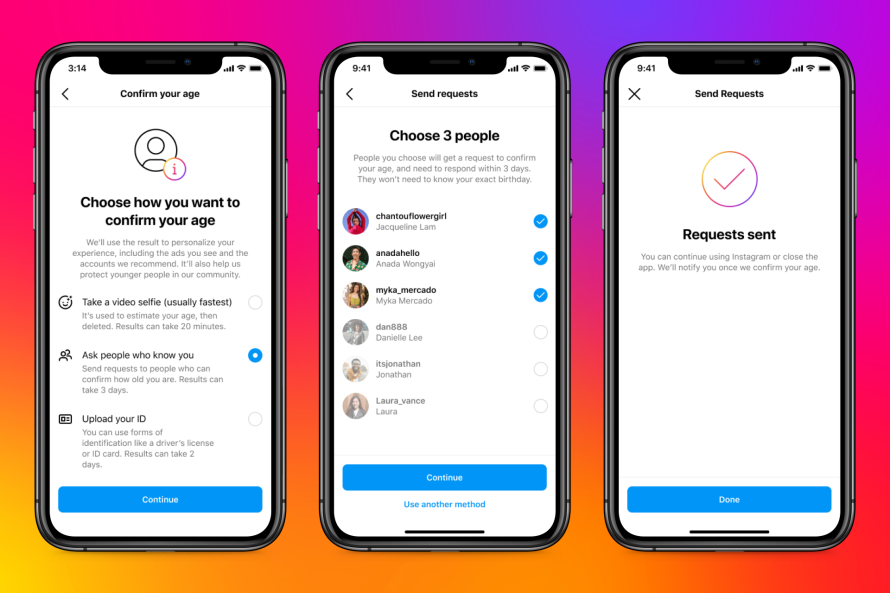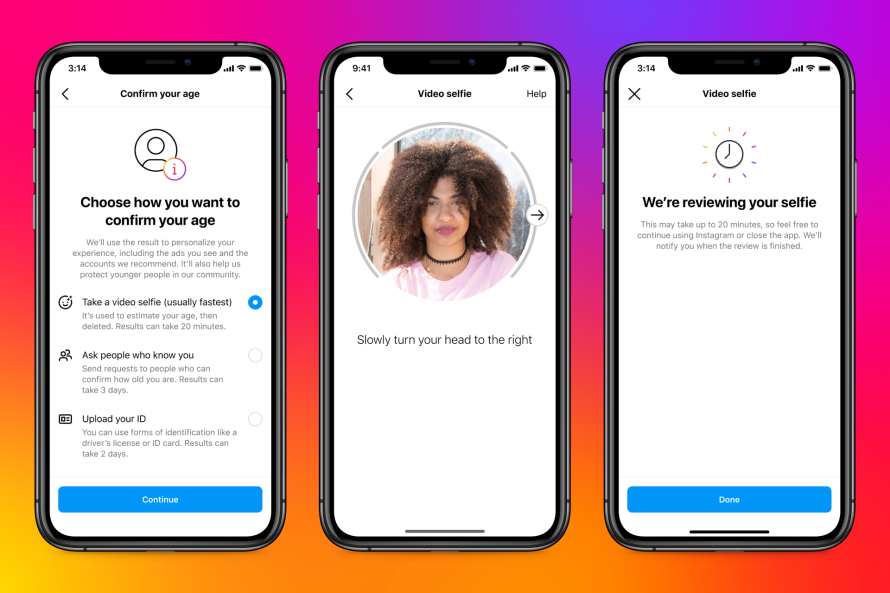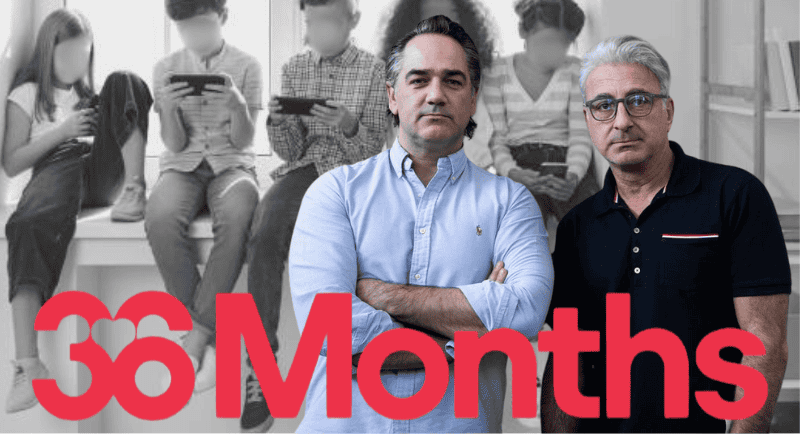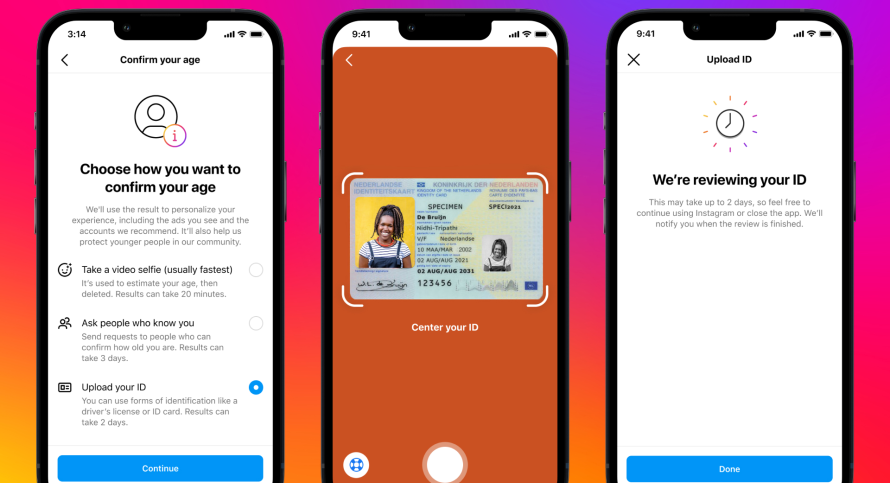Meta is expanding its age verification tools on Facebook and anti-bullying features on Instagram in Australia.
The news follows the launch of 36 Months, a campaign lobbying to change legislation to increase the age of social media citizenship from 13 to 16.
Facebook users attempting to edit their date of birth from below 18 to above 18 will be asked to verify their age by either uploading a video selfie or submitting an ID. The tech giant has partnered with Yoti, a company that specialises in online age verification.
Instagram will now also feature ‘limits’ for teens to safeguard young people from cyberbullying. ‘Limits’ will allow teens to hide interactions, such as comments, DMs, and tags, from people who aren’t in their Close Friends list without letting others know their content isn’t being shown.
The platform noted that the ability to limit interactions to Close Friends on Instagram allows teens to still safely connect with their friends on the app, even if they are experiencing online bullying.
Meta is also set to expand its ‘Restrict’ feature, which lets teens take action on a specific bully without having to block them. When someone is restricted, in addition to hiding their comments, any tags or mentions by that person will only be visible to the person who has been restricted.
“Our priority continues to be investing in privacy-preserving tools and features that help support young people online,” Naomi Shepherd, Meta group industry director, said.
“Following the success of the age verification tool on Instagram, we have been working behind the scenes for some time to see this feature expanded on our Facebook app in Australia, ensuring that everyone has age-appropriate experiences on Facebook.

“We also know bullying can be very personal for teens and they may be hesitant to take direct action, like blocking. Even an innocuous word or emoji might mean nothing to one person but be upsetting to another.
“The ‘Limits,’ feature will now give teens more ways to manage their online environments, including bullying, when they’re worried about blocking leading to retaliation in person, like at school. With this expansion, teens can limit interactions to Close Friends only, and we’ll prompt teens to turn it on if we detect they’re experiencing a wave of bullying.
“These are important updates but our work never stops in this space. We’ll continue to have teams dedicated to building tools and features that give teens safe, age appropriate and positive experiences on our apps.”

The 36 Months initiative, launched last week, is led by Michael ‘Wippa’ Wipfli, co-host of Nova 96.9’s Sydney breakfast show, and Rob Galluzzo, founder of production company FINCH.
It is a pro bono social change movement supported by News Corp Australia and NOVA Entertainment, calling on families, community leaders, and educators to sign the 36 Months change.org petition that will be taken to parliament.
“We’re already in talks with major policymakers identifying the steps needed to change the official entry age for kids starting their own social media accounts,” said Wipfli.
“As parents, we want to give our kids the best shot at becoming resilient and independent adults,” added Galluzzo.

Michael ‘Wippa’ Wipfli and Rob Galluzzo
According to Raising Children Network, the rise of social media usage has been linked to mental health issues, cyberbullying, anxiety, depression, self-harm, and suicide in Australian teenagers.
Research links social media’s impact to the critical phase of psychological development, particularly during the 36 months between the ages of 13 and 16.
See also: Exclusive: Wippa and Galluzzo launch 36 Months to raise social media age
